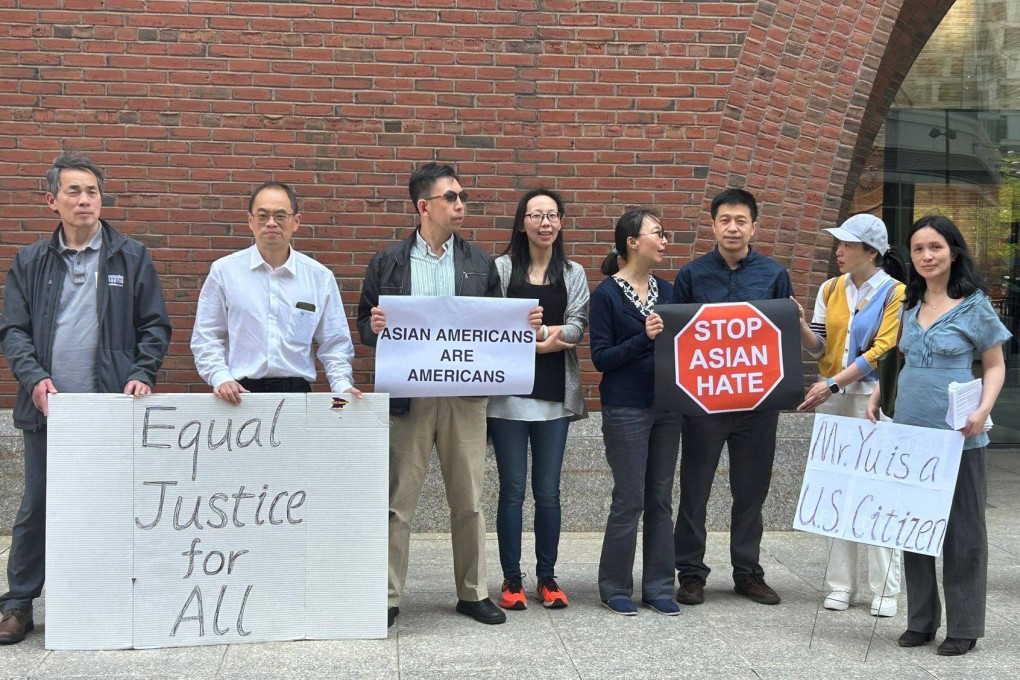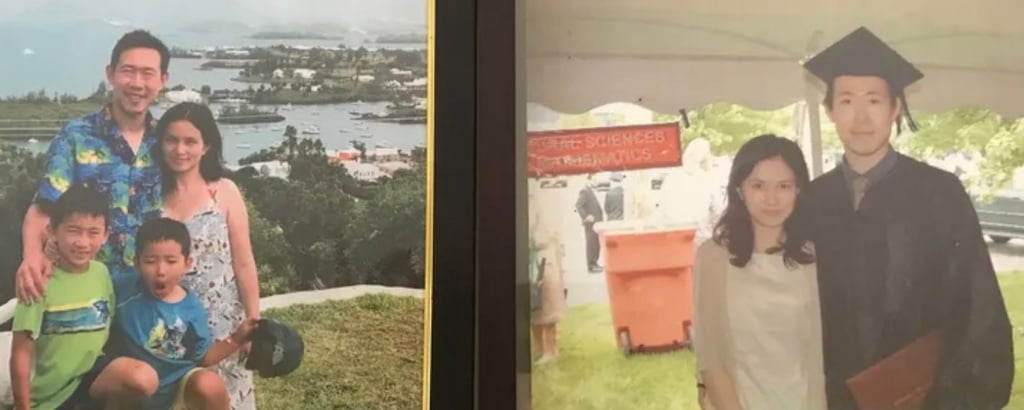Chinese-American chip designer loses bid to have trade-secret conviction tossed over racism claim
- Haoyang Yu of Lexington, Massachusetts, had been acquitted on 20 of 21 industrial espionage counts and argues the last should be tossed
- But Federal District Judge William Young dismisses Yu’s motion, which claimed that he had been unfairly singled out because of his ethnicity

Haoyang Yu, a 44-year-old Chinese-American semiconductor designer, has spent five nights in prison, 15 months wearing surveillance anklets and four years fighting to clear his name since the US Department of Justice labelled him an industrial spy in 2018.
In large part he has succeeded. Last June, a federal jury acquitted Yu, of Lexington, Massachusetts, of 20 counts ranging from possession of stolen trade secrets, wire fraud, immigration fraud, and illegal export of controlled technology, saying prosecutors had failed to make their case. And a wire fraud charge against his wife, Yanzhi Chen, was dropped.
But Yu was convicted of a single remaining charge – possessing and copying the prototype design of a microchip owned and developed by a former employer, Analog Devices Inc of Wilmington, Massachusetts.
And on Thursday, the hope to have that conviction thrown out was shattered after Federal District Judge William G. Young, who had presided over the trial, dismissed Yu’s motion contending that he had been unfairly singled out because of his race.
After working for two American semiconductor firms for over a decade, Yu, a physics major from China’s prestigious Tsinghua University, started his own chip design business in 2017.
